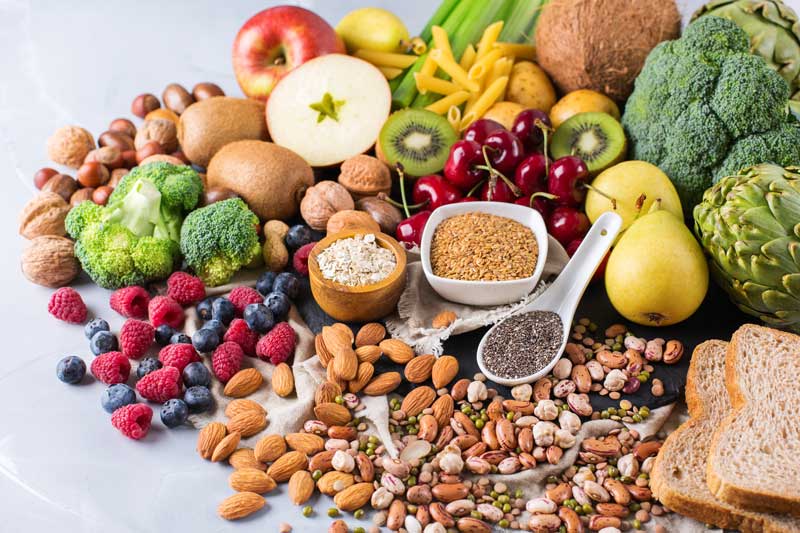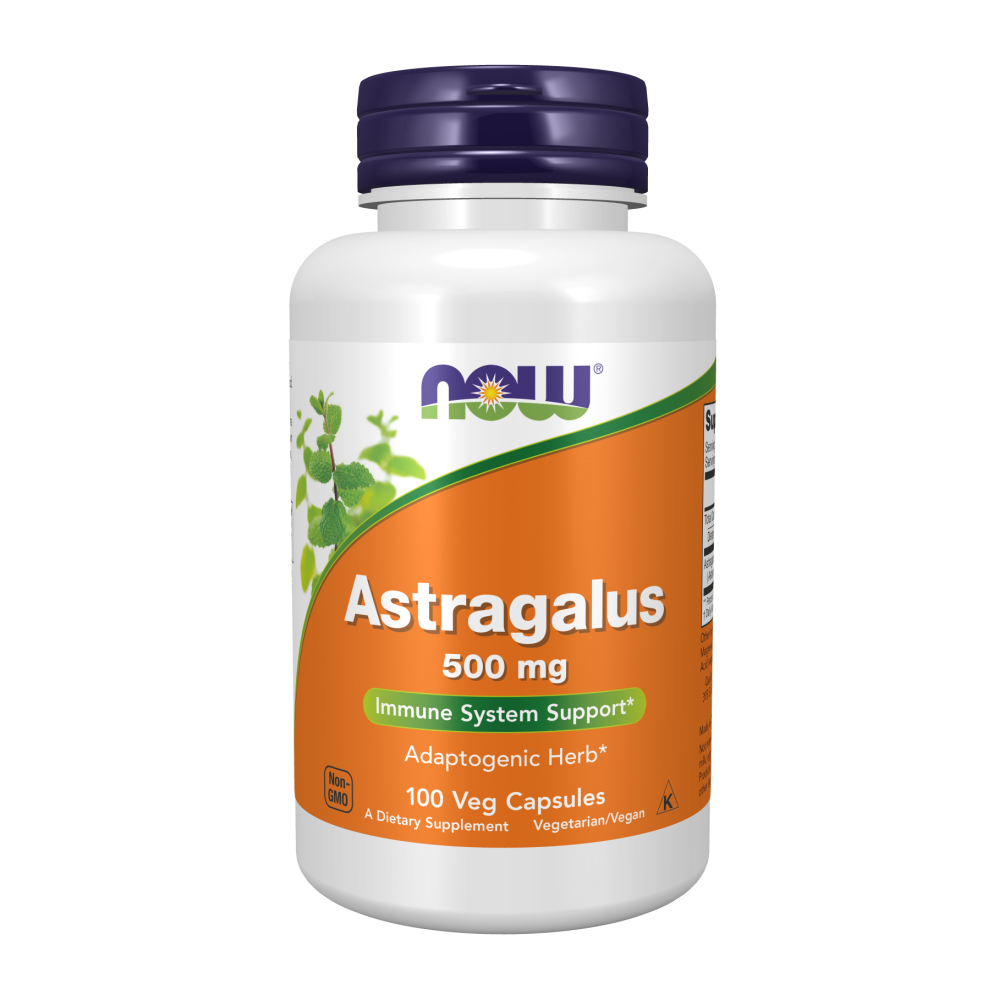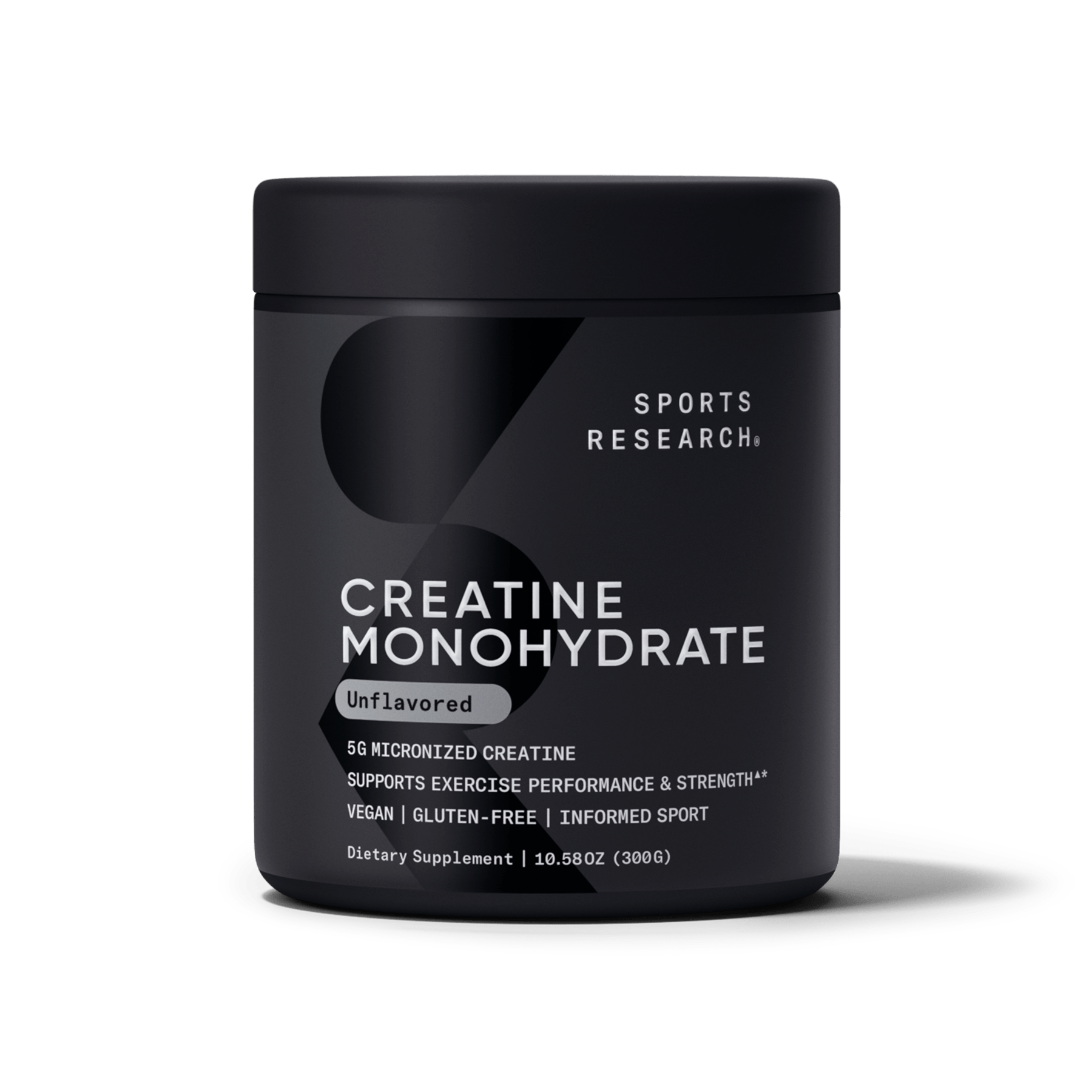
Fiber doesn’t always get the attention it deserves for being a nutrition powerhouse. It helps keep you full, helps keep you regular and helps maintain healthy cholesterol and blood sugar levels. Yet most Australians don’t eat enough of it. Bloating, cramping and occasional constipation and diarrhoea are signs that you may need more fiber. Adjusting your diet can help, and so can taking fiber supplements.
What is Fiber?
Fiber (or Fibre) is found in plants — fruits, vegetables, legumes and grains — so dependence on processed food is probably partially to blame for Australians not getting enough fiber, with most only consuming 20-25 grams a day. The recommended daily fibre intake for men is 30 grams, for women for 25 grams, and at least 18 grams for children according to Better Health Victoria.
Before figuring out how to include more fiber in your diet, it’s important to understand that there are two types – soluble and insoluble – and both are part of a healthy diet. Insoluble fiber creates bulk in your stool. Grains, nuts, seeds and the skins of fruits are great sources. Soluble fiber dissolves in water. It keeps food moving through your body at a healthy pace and feeds the good bacteria in your gut. Beans, seeds and lentils are a few sources of soluble fiber.
If you’re spending too much time in the bathroom – thanks to hard, dry stools or frequent loose stools – more soluble fiber may help regulate bowel habits.
Fiber Benefits
Bowel health, lower cholesterol, good weight and controlling blood sugar are all benefits of a high-fiber diet, according to The Mayo Clinic.
Among the benefits of a high-fiber diet:
- Improved bowel movements. Fiber increases the size of stools and softens it, which makes it easier to pass. Fiber may also fight watery stools because it absorbs moisture.
- Lowers cholesterol. Soluble fiber may lower total blood cholesterol levels by lowering low-density lipoprotein, or “bad,” cholesterol levels.
- Controlling blood sugar. Fiber helps improve blood sugar levels.
- Healthy weight. High-fiber foods take more time to chew. This gives your body more time to recognise that you are no longer hungry, so you don’t overeat. High-fiber meals are also denser, so you’re satisfied quicker and don’t overeat.
Mayo recommends consumption of high-fiber foods like beans, whole grains and fruit. While The Mayo focus is on eating higher-fiber foods, consumption of products made with quality high-fiber supplements like Sunfiber can also help.
What is Sunfiber?
Sunfiber is a soluble fiber supplement for regularity; it’s gentle on your body and doesn’t lead to the excess gas or bloating associated with many other fibers. It’s flavourless, odourless and colourless. Dissolve it in your favourite non-carbonated beverages.
Sunfiber is also a prebiotic, an important food for your gut’s healthy bacteria. Prebiotics promote microflora balance and good digestive health. Sunfiber is a fiber that moves through your body at just the right pace.
It’s time to stop struggling with irregularity. Occasional constipation and occasional diarrhoea are uncomfortable and disruptive! Give your gut the same attention you give other areas of your health. Find new ways to add more fibrous foods to your diet or supplement with Sunfiber.
10 Delicious High Fiber Foods

Fiber is an essential nutrient that serves as a vital role in healthy digestion. A high fiber diet is important as it can help lower LDL cholesterol and reduce the risk of stroke, hypertension, obesity, diabetes, and heart disease. Here are 10 delicious and recommended high fiber foods:
Green Split Peas: 16.3 grams/cup cooked.
Lentils: 15.6 grams/cup.
Black Beans: 15 grams/cup.
Artichokes: 10.3 grams/per medium artichoke.
Peas: 8.8 grams/cup.
Blackberries or Raspberries: 8 grams/cup.
Avocados: 6.7 grams/half medium avocado.
Chia Seeds: 5.5 grams/tbsp.
Quinoa: 5 grams/cup.
Flax Seeds: 2 tbsp. of ground seed.





